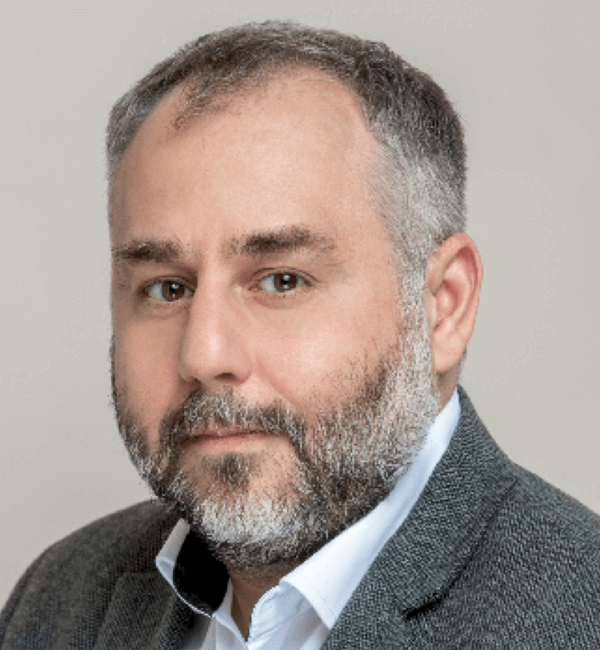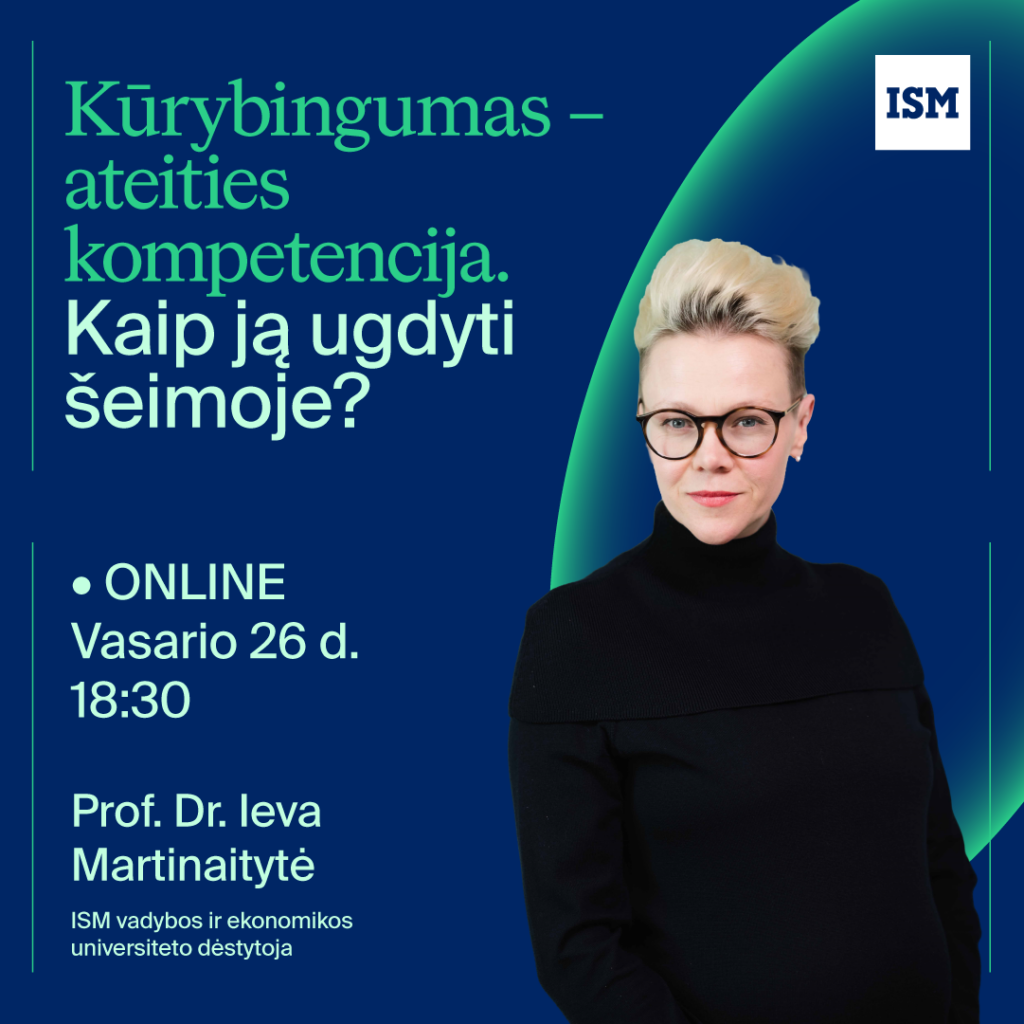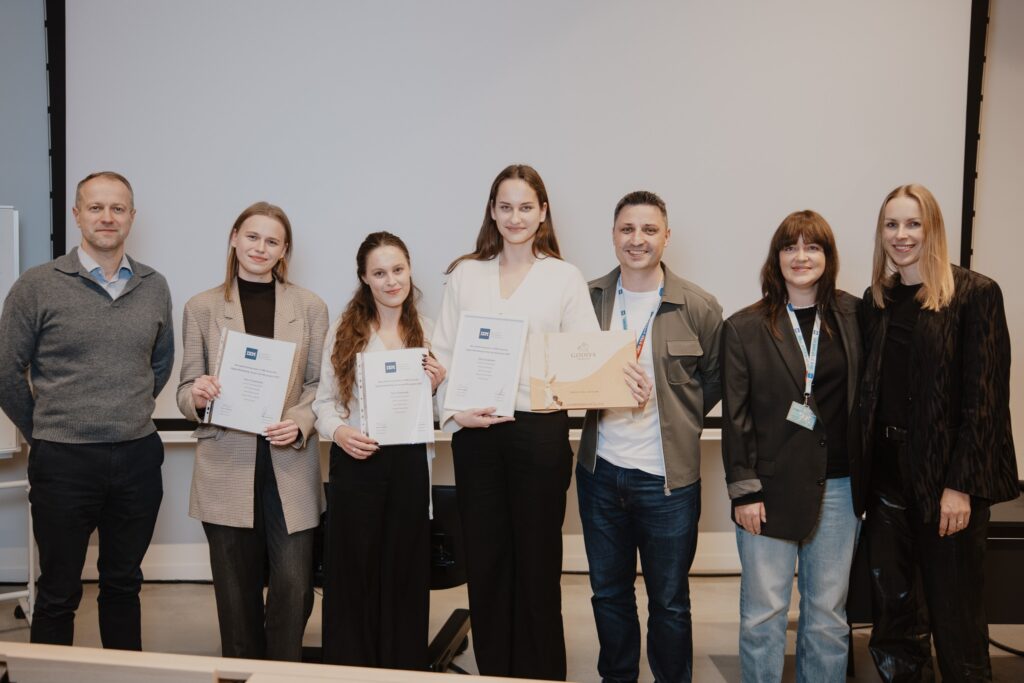Finansai
Tapk finansų ekspertu! Bakalauro studijos padės įgyti įgūdžių, atliepiančių technologinius pokyčius ir pasaulinės rinkos tendencijas. Būsi geidžiamas ekspertas bet kurioje pasaulio šalyje bei įmonėje.

Susipažink su studijų programa iš arčiau








Programos struktūra
Ką išmoksiu?
Ką išmoksiu?
Ką išmoksiu?
Ką išmoksiu?
Ką išmoksiu?
Ką išmoksiu?
Ką išmoksiu?
Kuo galėsiu būti?
Finansų analitiku
Mokesčių konsultantu
Auditoriumi
Biržos makleriu
Finansų konsultantu
Fintech startuolio kūrėju
Investicijų fondo valdytoju

Programos išskirtinumai
Galimybės užsienyje

Dvigubas diplomas su BI Norwegian Business School
Studijos Norvegijoje, viename iš 1 procento pasaulio universitetų, turinčių “Triple Crown” akreditaciją (AMBA, EQUIS, AACSB)Kaip tai vyksta? Ketvirtame studijų semestre vyksta atranka. Studentai, praėję atranką vienerius metus mokysis BI Norwegian Business School.
Kiek tai kainuoja? Studijų BI Norwegian Business School metu yra mokamas šios mokymo įstaigos studijų mokestis. Pritaikoma dešimties procentų nuolaida. ISM universitetui mokėti už studijas tą semestrą nereikia.
Kur aš gyvensiu studijuodamas Norvegijoje? BI Norwegian Business School siūlo įvairaus tipo apgyvendinimą studentų rezidencijose.
Kokią naudą aš gausiu? Beveik per tą patį laiką gausi dviejų aukštųjų mokyklų diplomus. Formuosi tarptautinį savo pažinčių ratą. Mokydamasis užsienio šalyje praplėsi savo akiratį ir gebėsi laisvai orientuotis bei dirbti multikultūrinėje aplinkoje.

100+ universitetų mainų partnerių visame pasaulyje
Mainų galimybės įvairiuose pasaulio universitetuose iš kurių trečdalis turi bent vieną prestižinę verslo universitetų akreditaciją (AACSB, EQUIS, AMBA)Kaip tai vyksta? Kiekvieną semestrą gali rinktis universitetą, kuris yra ISM partneris ir dalyvauji atrankoje. Sėkmingai praėjus atranką, kitą semestrą išvyksti į mainų programą.
Kiek tai kainuoja? Tai nieko papildomai nekainuoja. Moki įprastą studijų kainą.
Kiek laiko trunka? Mainų semestras trunka apie 5 mėnesius
Ką turiu padaryti, norėdamas dalyvauti mainų programoje? Turi mokytis taip, kad neturėtum daugiau nei vienos skolos.
Naujienos ir renginiai
Programa leido ne tik plačiau pažvelgti į ekonomiką, finansų rinkas, investavimą bei asmeninius finansus, bet ir padėjo greičiau įsilieti į darbo rinką.

Studijos ISM - prieinamos kiekvienam
Kainos, finansavimas ir priėmimas
Investicijos į studijas atsiperka
Finansavimo galimybės
D.U.K.
Kokiais etapais vyksta priėmimas į ISM universitetą?
Kuo ypatingas išankstinis priėmimas ir kodėl turėčiau stoti per jį?
Kokius egzaminus turiu išlaikyti, norint įstoti į ISM?
Kas yra Valstybės studijų stipendija (vnf/st)? Ką turiu daryti, jog ją gaučiau?
Mokyklą baigiau užsienyje. Ar galiu stoti į ISM?
Ar galiu įstoti į ISM, jei jau studijavau kitame universitete?
Kokios yra ISM universiteto praktikos galimybės?
Kokia kalba vyks paskaitos ISM universitete?
Ar galima stoti į išlyginamąsias studijas po kolegijos?
Svarstai apie bakalauro studijas?





















